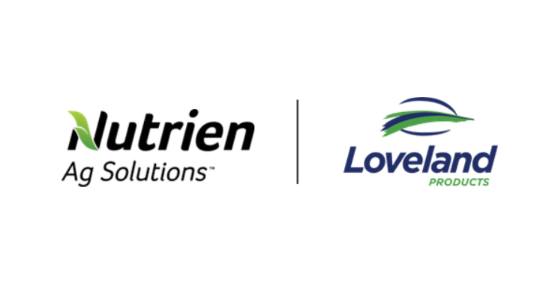Company Signs Agreement to Encourage Wheat Breeding Innovation
With wheat productivity increasing at less than 1% annually and annual global demand growing at approximately double that percentage, companies such as Bayer CropScience are signing agreements to advance wheat breeding to produce high yields.
Bayer CropScience and South Dakota State University (SDSU) in Brookings, S.D., USA, have signed a non-exclusive agreement for wheat breeding and germplasm access, according to a Bayer statement.
The collaboration enables both parties to further improve their respective wheat breeding programs, provides needed innovation to wheat growers and ensures resources for advanced education in the field of wheat breeding.
“This public-private agreement with SDSU is part of our strategy to establish relationships with the leading global institutions working on the improvement of wheat”, said Hartmut van Lengerich, head of Cereals and Fungicide at Bayer CropScience in a recent statement. “Our R&D efforts are focused on the most urgent problems facing wheat growers today and in the future. We are working on the development of wheat varieties with higher yield, more efficient nutrient utilization and tolerance against abiotic stress such as drought or heat.”
With this agreement, Bayer gains access to a selection of SDSU’s spring wheat germplasm, thereby increasing the available genetic resources to improve wheat varieties, according to the company. The University gains resources for advanced education in the field of wheat breeding through the establishment of an endowed chair in wheat breeding and genetics.
The new agreement will further complement Bayer’s other wheat agreements and collaborations wit NARDI (Romania), RAGT (France), University of Nebraska-Lincoln (USA), Evogene (Israel), Sort/EuroSort (Ukraine) and CSIRO (Australia). Additionally, it builds on an on-going winter wheat partnership between Bayer CropScience, SDSU and the US wetlands and waterfowl conservation organization Ducks Unlimited, according to the company.
Financial details were not disclosed.
-Stefanie A. Toth





